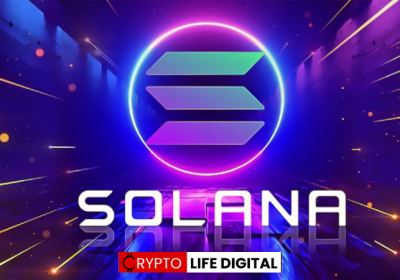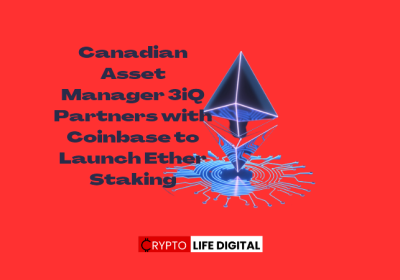Ways To Avoid Whales From taking Over Staking Discloses By The C0-Founder, Vitalik Buterin

Many Ethereum (ETH) enthusiasts are after the possible centralization of the ETH2 staking process. In this view, they are talking about the measures to avoid the ‘oligarchs’ from dominating.
High fees for fat cats
Pseudonymous Ethereum (ETH) enthusiast Superphiz. eth who is an activist of the Ethereum Beacon Chain community has taken to Twitter to share his concerns about the centralization of the upcoming ETH2 network.
Read Also: Shiba Inu Holders Get Increase As The Coin Hit A Fresh Milestones
“I wonder, who will be the first staking provider to publicly commit to limiting themselves to not operating more than 22% of validators on the chain? Who do you want to see step up to the plate and prioritize beacon chain health above profits?”
Namely, he is guessing which pool will be the first to limit its staking ‘power’ (share of controlled validators participating in signing Ethereum (ETH) transactions) by e.g. 22 percent of the total validators number.
Potentially, this decision would cut the profits of this ‘pioneer’ but it would significantly contribute to the health of the network as a whole by reducing the possibility of a 51% attack.
Ethereum’s founder Vitalik Buterin suggested an ‘economic’ motivation for this limit. It looks good for him to increase fees for the participants of staking pools controlling over 15 % of the network.
Once the ‘share’ of this or that pool is back below 15 percent, the fees can be reduced to ‘regular’ levels again.
Here’s how Cardano (ADA) addressed such issues
It should be noticed that Ethereum (ETH) – even in its Proof-of-Work (PoW) version is criticized for ‘centralization’: major mining pools are controlling a large lion’s share of its hash rate.
Read Also: Ripple CTO Slams Elon Musk, Exposing Allegedly Real Reason for Twitter Takeover
According to Cryptolifedigital, Cardano (ADA) community experienced similar challenges after the launch of ADA staking. Step by step, Input-Output Global (IOG) introduced several limitations to make staking through large pools less profitable.
By amending the so-called k-parameter in 2021, it gave room for small and medium pools to bypass the upper 10 staking whales by share of ADA staked.

Cryptolifedigital is a cryptocurrency blogger and analyst known for providing insightful analysis and commentary on the ever-changing digital currency landscape. With a keen eye for market trends and a deep understanding of blockchain technology, Cryptolifedigital helps readers navigate the complexities of the crypto world, making informed investment decisions. Whether you’re a seasoned investor or just starting out, Cryptolifedigital’s analysis offers valuable insights into the world of cryptocurrency.










